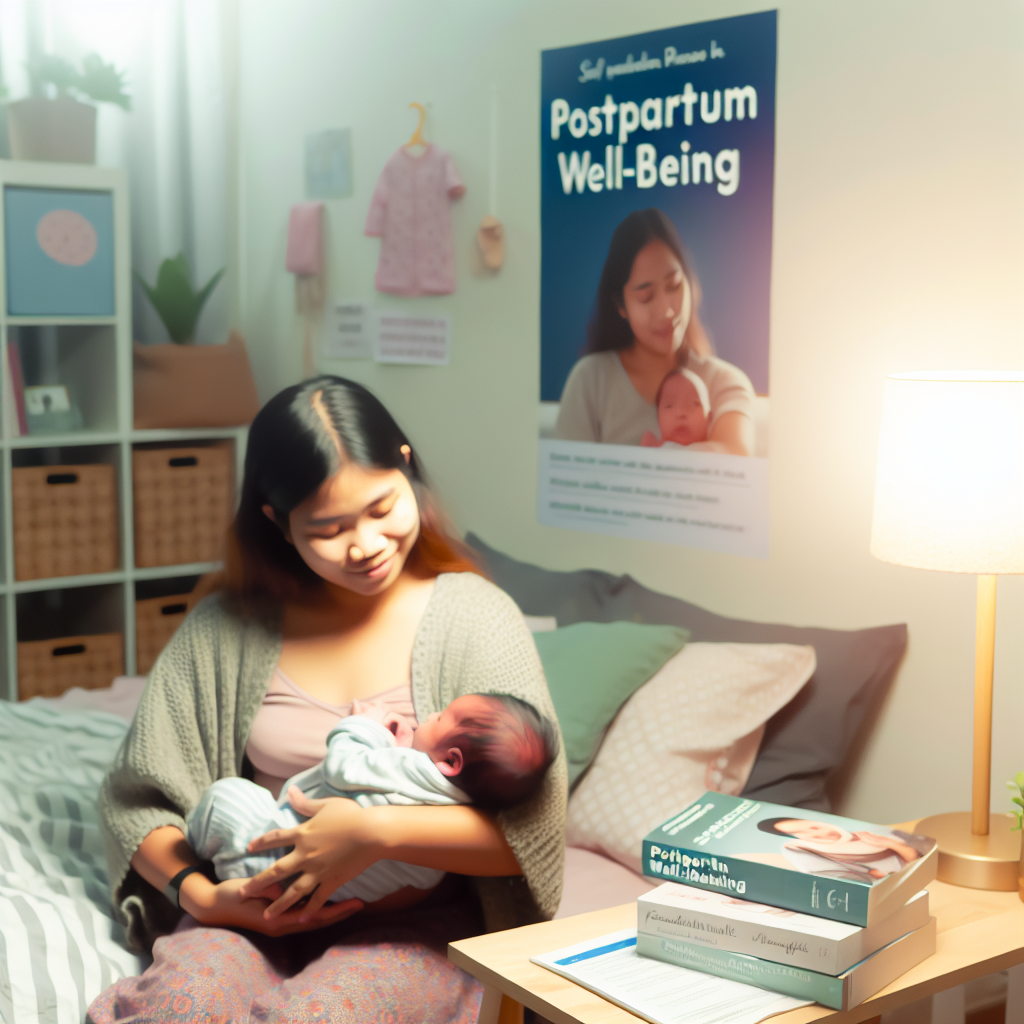Postpartum Mental Health: When to Seek Help
Welcoming a new life into the world is often portrayed as a blissful experience filled with joy, love, and unforgettable firsts. Yet, what isn’t frequently emphasized amidst the babbling, baby showers, and Instagram-perfect nurseries is the profound impact childbirth has on a woman’s emotional and mental well-being.
For women used to curating a life of luxury, balance, and optimal functionality, the onset of postpartum mental health struggles may feel uncharted and deeply overwhelming. Postpartum depression (PPD) affects approximately 1 in 7 women after childbirth, according to the American Psychological Association. More than just “baby blues,” postpartum depression and other postpartum mood disorders must be taken seriously—especially by women trailblazing careers, managing families, and juggling expectations without a second thought.
The fourth trimester—the 12 weeks following childbirth—marks a significant transition. Amidst sleep deprivation, hormonal fluctuations, identity shifts, and physical recovery, mental health demands urgent attention. For luxury-minded individuals, the concept of personal care should evolve beyond spa treatments and designer wellness retreats to include access to top-tier psychological support.
Decoding Postpartum Wellness: What Science Says
Scientific inquiry over the past few decades has significantly improved our understanding of postpartum mental health. Notably, a seminal study published in JAMA Psychiatry concluded that about 21.9% of birthing people experience at least one maternal mental health condition, including postpartum depression, anxiety, obsessive-compulsive disorder (OCD), and postpartum psychosis during the year following childbirth. These numbers are even higher among women with pre-existing mental health diagnoses or those who go through traumatic birth experiences.
Clinical research points to hormonal shifts—particularly the drop in estrogen and progesterone post-delivery—as one of the leading factors behind mood changes and depressive symptoms. The brain’s sensitivity to these changes can alter neural pathways involved in emotion regulation. A 2020 study published in Biological Psychiatry identified specific neural biomarkers linked to postpartum mood disorders, indicating that mental health screenings should become as routine as postpartum physical checks.
Luxury Tools for a Balanced Postpartum Mindset
From the world of high-end wellness to clinical recommendations, advanced concierge psychiatry services are becoming increasingly accessible to those seeking personalized support. Clinics and digital health platforms—such as Maven Clinic and Amwell—offer discreet, on-demand therapy, sometimes even within the luxury of your home or private hotel suite.
Sleep consultants, lactation counselors, and 24/7 doulas have become part of the mental wellness ecosystem; even wearable tech like the Apple Watch and Fitbit can provide real-time insights into stress levels, sleep quality, and heart rate variability, all of which are connected to overall postpartum mental health.
The New Standard: Emotional Wellness is Peak Luxury
Motherhood—luxurious, profound, and life-altering—demands a holistic approach that centers emotional well-being. It’s time to normalize seeking professional help for postpartum mental health, just as we would for physical recovery or beauty rituals. Recognizing symptoms and swiftly accessing top-tier psychiatric and support services ensures you continue thriving in every realm. Because true luxury is living well—and that must include your mind.
For the MoxyGal who demands excellence in living: remember, mental wellness is always in style.
Concise Summary:
This article explores the importance of prioritizing postpartum mental health, particularly for high-achieving women. It delves into the scientific research behind postpartum mood disorders, highlighting the need for proactive care and the availability of luxury wellness tools to support emotional well-being during this transformative period. The article emphasizes that true luxury goes beyond material indulgences and must include a holistic approach to mental health.
References:
– American Psychological Association
– JAMA Psychiatry
– Biological Psychiatry Study
– ACOG Guidelines
– Maternal Mental Health Leadership Alliance
– Maven Clinic
– Amwell Telehealth

Dominic E. is a passionate filmmaker navigating the exciting intersection of art and science. By day, he delves into the complexities of the human body as a full-time medical writer, meticulously translating intricate medical concepts into accessible and engaging narratives. By night, he explores the boundless realm of cinematic storytelling, crafting narratives that evoke emotion and challenge perspectives. Film Student and Full-time Medical Writer for ContentVendor.com




